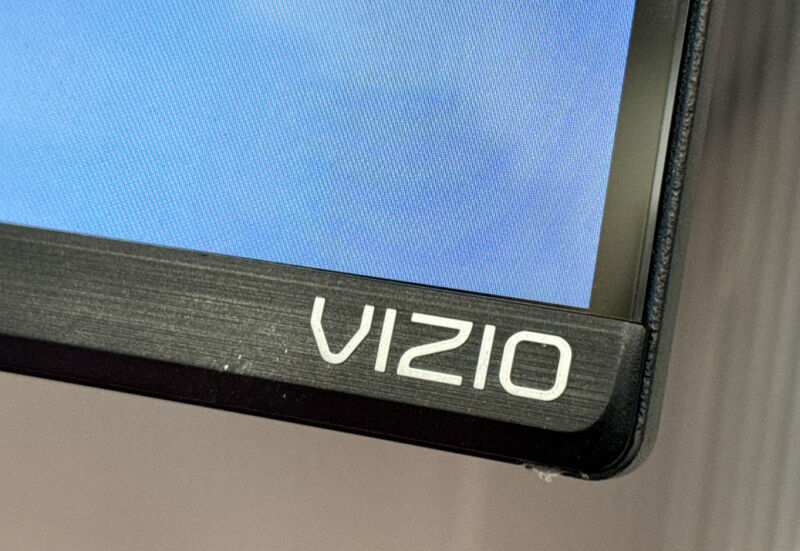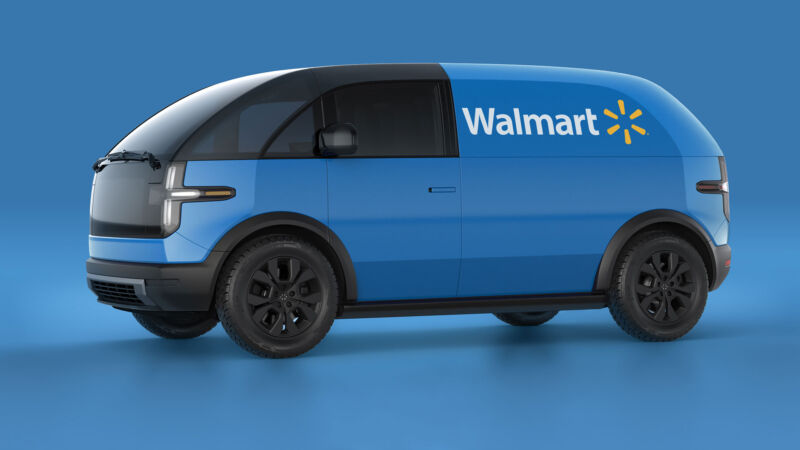-
 chevron_right
chevron_right
$30 doorbell cameras have multiple serious security flaws, says Consumer Reports
news.movim.eu / ArsTechnica · Thursday, 29 February - 11:00

Enlarge / Consumer Reports' investigation suggests that, should this delivery person press and hold the bell button and then pair using Eken's app, he could see if other delivery people get such a perfunctory response. (credit: Eken)
Video doorbell cameras have been commoditized to the point where they're available for $30–$40 on marketplaces like Amazon, Walmart, Temu, and Shein. The true cost of owning one might be much greater, however.
Consumer Reports (CR) has released the findings of a security investigation into two budget-minded doorbell brands, Eken and Tuck, which are largely the same hardware produced by the Eken Group in China, according to CR. The cameras are further resold under at least 10 more brands. The cameras are set up through a common mobile app, Aiwit . And the cameras share something else, CR claims: "troubling security vulnerabilities."






